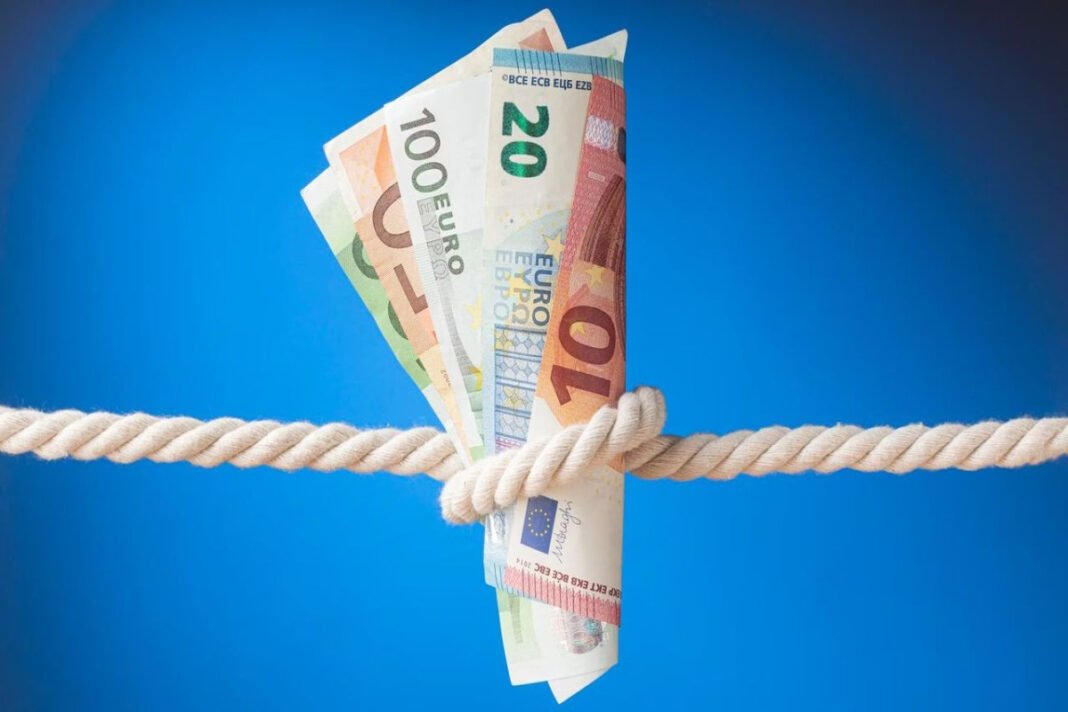BAKU, July 23, 2025 — Rumors of a sharp rise in the euro’s exchange rate—reportedly hitting 2.5 AZN—are making waves across Azerbaijan’s social media and messaging apps. Viral screenshots from online currency calculators have added fuel to the speculation, prompting many to question whether it’s time to rush to currency exchange offices.
But the Central Bank of Azerbaijan (CBA) is urging calm. The official rate, as of today, is 1.9952 AZN per euro, and officials say that’s the number to trust. “Exchange rates are regularly updated and publicly available on our website,” said CBA spokesperson Namig Aliyev.
What’s Driving the Euro’s Rise?
The euro’s recent climb against the U.S. dollar is largely tied to transatlantic trade tensions and falling yields on U.S. Treasury bonds. Analysts say these factors have weakened the dollar’s position globally, giving the euro room to gain ground.
Despite the shift, the dollar’s dominance as a reserve currency remains intact. Data from the International Monetary Fund show no major changes in the global share of dollar-denominated reserves during the first quarter of 2025—even before recent U.S. tariffs imposed by President Trump.
Should You Exchange Now?
Banking expert Akram Hasanov advises caution. While the euro has neared 2 AZN at commercial banks, he says any further spike is unlikely. “Selling now, while the euro is peaking, might make sense. But don’t expect major gains,” he said. Hasanov notes that the manat is pegged to the U.S. dollar, so any fluctuations in the greenback affect the manat-euro dynamic directly.
“The euro’s rise is just a reflection of its performance against the dollar,” he explained. “As the dollar weakens globally, the euro naturally looks stronger in local exchange terms.”
Hasanov’s main advice: don’t gamble with your savings. He recommends diversifying personal reserves across several stable currencies—like the dollar, euro, Swiss franc, and British pound—to reduce risk in a volatile market.
The Bigger Picture
Economist Natig Jafarli underscores that Azerbaijan’s currency setup is cross-rate based—meaning the manat doesn’t have an independent exchange rate with the euro. Instead, it mirrors the dollar’s behavior. “The official manat-dollar exchange rate is administratively maintained at 1.70. When the dollar falls against the euro, the manat automatically does the same,” he said.
Since early this year, the dollar has lost roughly 10% against the euro, leading to higher euro valuations in manat terms. Jafarli predicts the trend may continue: “If the Federal Reserve keeps cutting interest rates, the dollar index will decline, and the euro could climb even higher—possibly beyond 2 AZN.”
Political Influence
According to analyst Eldaniz Amirov, the euro’s strength is also being supported by Europe’s more conservative monetary policy and political uncertainty in the U.S. “While the Fed is signaling further rate cuts, the European Central Bank is holding firm. This is making the euro more attractive globally,” he said.
As a result, the euro is rising not just on its own strength but also due to the dollar’s weakness—a dynamic that directly impacts Azerbaijan’s manat through its peg.
Bottom Line: Stay Rational
Though the euro’s uptick may tempt some to act quickly, experts warn against impulsive currency moves. “Savings should first and foremost provide stability, not quick profits,” said Hasanov.
His advice? Keep enough manat reserves to cover six months of living expenses. Beyond that, diversify into major foreign currencies. “If you’re going to pick just one, stick with the U.S. dollar,” he concluded.
In uncertain times, a balanced approach—not a rush to the exchange office—remains the smartest currency strategy.


